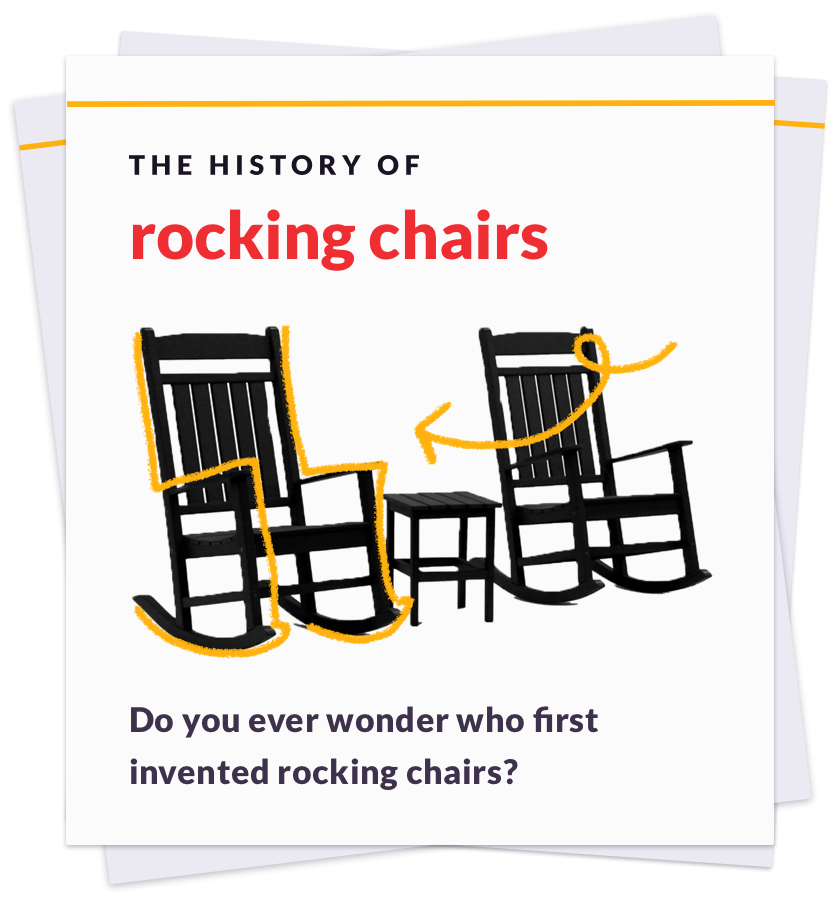Versions of the clothing iron have been around since early civilization. For example, the ancient Greeks used a special type of iron to create pleats and the ancient Chinese used a pan iron to remove wrinkles from their clothing. The flatiron (simply a flat piece of metal with a handle) appeared in Europe by the 1300s. The hot box (a hollow metal box with a handle that could be filled with hot coals) was introduced in the 15th century. In addition to removing wrinkles, these hot irons also served the purpose of killing bacteria and mildew on clothing. In 1870, an American named Mary Potts made several improvements to the iron, including a wooden handle and updated base. Gas irons were introduced in the late 1800s, and other fueled irons soon followed, most notably the electric iron, which was patented by Henry W. Seeley in 1882. In 1903, electric irons with cords that directly attached the iron were introduced. In 1926, the Eldec Company debuted the steam iron, although it took some time to catch on. Irons that could vary between steaming and drying mode debuted in the 1950s, and the first iron with an automatic shut-off was introduced in 1984. A nonstick coating was added to the sole plate of most irons beginning in 1995. While irons aren’t quite as necessary today thanks to innovations in wrinkle-resistant fabrics, the clothing iron remains a staple household item for many people.

Your go-to guide for weird history facts
Subscribe to the FREE daily email that makes learning about history fun.


